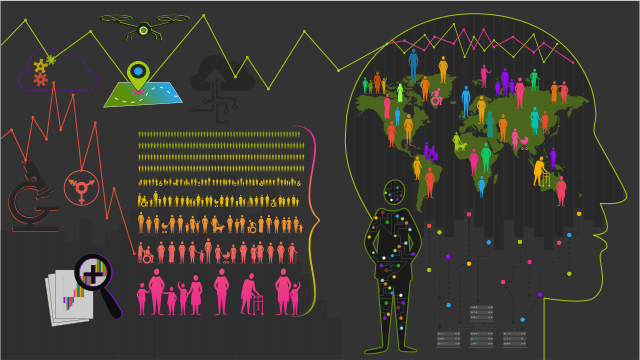Living With Data to be part of Data Justice conference, 2020
Home >
This year’s Data Justice conference, Civic Participation in the Datafied Society will take place in Cardiff, May 28-29, 2020. Members of the Living With Data project will present their research on a panel outlined below.

Understanding ‘Living With Data’ as a route to citizen participation in datafied societies
The ubiquitous collection and use of digital data are changing people’s lives, positively and negatively. Concern about the harms that might result from new uses of data has led to measures to influence their governance, eg the government Centre for Data Ethics and Innovation (CDEI) and the independent Ada Lovelace Institute (Ada). To ensure that data works ‘for people and society’ (Ada’s mission) and is ‘a force for good’ (a CDEI aim), effective citizen participation in data-driven decision-making is needed. In this panel, we argue that a necessary precursor to such participation is greater understanding of public experiences, knowledge and perceptions of and feelings about data practices. The panel includes four papers which address this topic in different ways. The first paper presents an evidence and literature review of what is claimed to be known about public perceptions of datafication. The second paper reflects on uses of the data journeys approach in partnership work, as a mechanism for enhancing knowledge about data practices. The third paper presents participatory research into how community organisations attempt to participate in the datafied society, and highlights some of the challenges, both of participatory research and of community organisations working with data. The fourth paper presents a pilot study which experimented with a deliberative citizen jury as a method to explore citizen trust in data-driven systems and data management models.
Knowing public perceptions of data (Susan Oman)
This paper presents an evidence review of what is claimed to be known about public perceptions of datafication. It will use the evidence itself to unpack assertions in academic, media and policy discourses, arguing that these representations compromise how citizens are able to participate datafication debates.
Mapping data flows with the data journeys method (Jo Bates and Itzelle Medina-Perea)
This paper focuses on using the data journeys approach (Bates, Lin, & Goodale, 2016) to understand data flows and practices in different sectors. It will reflect on the challenges faced in gaining access to key sites of practice within data infrastructures, and how these challenges both illuminate the black box of datafication and impact how we enable citizen engagement with actual data practices.
Community organisations working with data in conditions of inequality (Lulu Pinney)
This paper presents participatory research with community organisations, which identify as non-expert in data practices, yet feel pressurised to improve their data skills. It highlights what their data practices look like, the demands datafication makes on community organisations, how this is compounded by inequalities and implications for participation in the datafied society.
Deliberating over trust in data-driven systems and data management models: reflections on a trial citizen jury (Helen Kennedy, Rhia Jones, Robin Steedman)
This paper reflects on the citizen jury as a deliberative method for understanding perceptions of data practices – in this case, trustworthy data-driven systems and data management models. It discusses a pilot project which aimed to produce a participatory consensus on the key criteria for trustworthy datafication.
More information on the multiple methods used on the Living With Data project can be found here
You can find out more about Kennedy et al.’s Citizen Jury on data – and issues of trust here